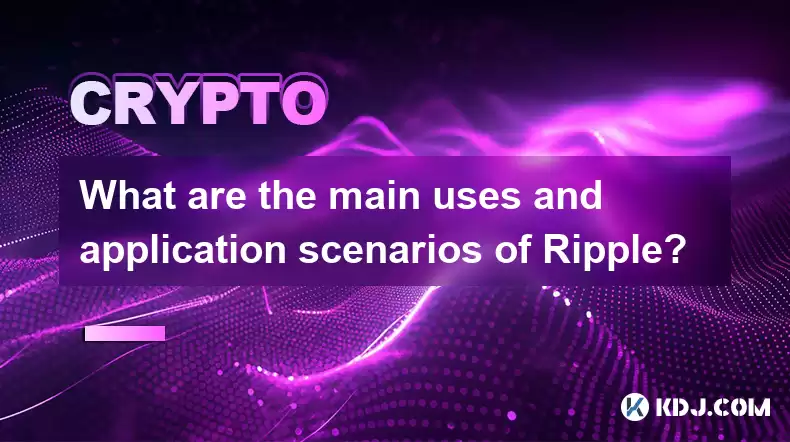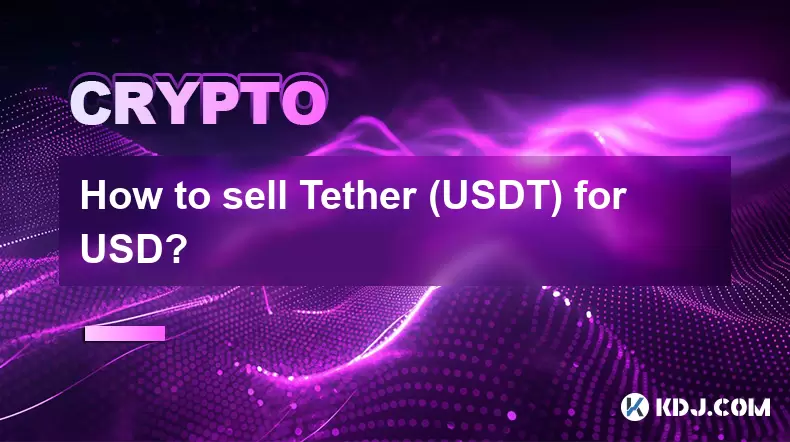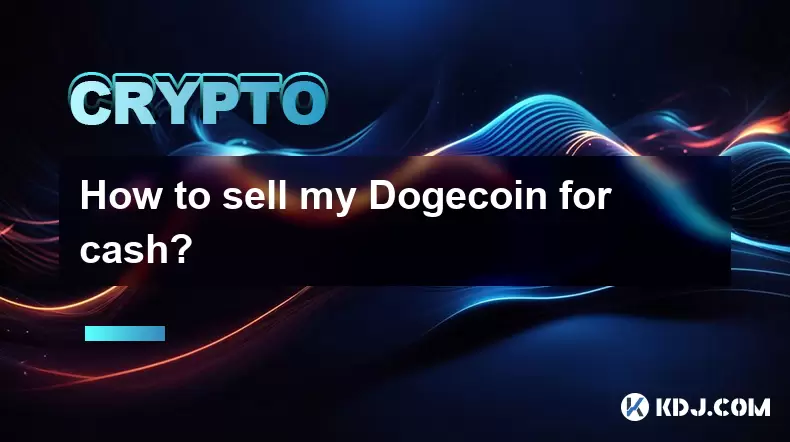-
 Bitcoin
Bitcoin $115100
1.27% -
 Ethereum
Ethereum $3675
2.71% -
 XRP
XRP $2.995
1.45% -
 Tether USDt
Tether USDt $1.000
0.02% -
 BNB
BNB $769.8
2.64% -
 Solana
Solana $168.0
3.25% -
 USDC
USDC $0.9999
-0.01% -
 TRON
TRON $0.3371
1.48% -
 Dogecoin
Dogecoin $0.2051
3.36% -
 Cardano
Cardano $0.7394
2.30% -
 Hyperliquid
Hyperliquid $38.15
0.42% -
 Stellar
Stellar $0.3966
-0.36% -
 Sui
Sui $3.486
2.93% -
 Chainlink
Chainlink $16.72
2.52% -
 Bitcoin Cash
Bitcoin Cash $568.0
4.36% -
 Hedera
Hedera $0.2440
2.59% -
 Ethena USDe
Ethena USDe $1.001
0.04% -
 Avalanche
Avalanche $22.16
2.06% -
 Litecoin
Litecoin $119.1
-0.73% -
 UNUS SED LEO
UNUS SED LEO $8.991
0.04% -
 Toncoin
Toncoin $3.232
-0.39% -
 Shiba Inu
Shiba Inu $0.00001233
2.82% -
 Uniswap
Uniswap $9.717
2.53% -
 Polkadot
Polkadot $3.664
1.85% -
 Dai
Dai $1.000
0.01% -
 Monero
Monero $281.2
-3.89% -
 Bitget Token
Bitget Token $4.350
1.55% -
 Cronos
Cronos $0.1428
5.07% -
 Pepe
Pepe $0.00001050
3.68% -
 Aave
Aave $262.3
3.54%
What are the main uses and application scenarios of Ripple?
Ripple's RippleNet facilitates fast, low-cost international payments for banks, using XRP (optionally) to bridge currency conversions. Beyond payments, its applications extend to trade finance and loyalty programs, though regulatory challenges remain.
Mar 20, 2025 at 06:28 pm

Key Points:
- Ripple's primary function is facilitating fast, low-cost international money transfers.
- RippleNet, its network, enables banks and financial institutions to send payments across borders efficiently.
- XRP, Ripple's native cryptocurrency, plays a crucial role in facilitating these transactions, though its usage is not mandatory.
- Beyond payments, Ripple's technology finds applications in other areas like cross-border trade finance and loyalty programs.
- The regulatory landscape significantly impacts Ripple's applications and adoption.
What are the main uses and application scenarios of Ripple?
Ripple is a technology company and a cryptocurrency, often confused with one another. The company's primary focus is on providing a faster, cheaper, and more transparent system for global financial transactions. This is achieved primarily through its network, RippleNet, and its native cryptocurrency, XRP.
RippleNet is a real-time gross settlement system (RTGS) designed for banks and financial institutions. It allows them to send payments across borders in a more efficient manner than traditional methods, such as SWIFT. This efficiency comes from reducing intermediary banks and processing times. RippleNet provides a standardized system, streamlining the often complex process of international transfers.
XRP's role within RippleNet is multifaceted. While not mandatory for all transactions on the network, it can be used as a bridge currency to facilitate faster and cheaper conversions between different fiat currencies. This means that instead of converting from currency A to currency B directly, a transaction might use XRP as an intermediary, potentially reducing fees and transaction times.
Beyond its core function in international payments, Ripple's technology has other potential applications. Several companies are exploring using RippleNet for cross-border trade finance, automating processes like letters of credit and supply chain financing. This can significantly reduce delays and improve efficiency for businesses engaged in international trade.
Another area where Ripple's technology is being explored is in loyalty programs. The speed and efficiency of the network could offer a superior alternative to existing systems for managing and transferring rewards points between different businesses and customers. This application is still in its early stages but holds promise for enhancing customer loyalty programs.
How does Ripple differ from other payment systems?
Unlike traditional systems like SWIFT, RippleNet offers a decentralized approach, utilizing distributed ledger technology (DLT). This enhances transparency and security, while simultaneously reducing reliance on centralized intermediaries. SWIFT, on the other hand, relies heavily on a network of correspondent banks, leading to higher costs and longer processing times. Other cryptocurrencies focused on payments, like Bitcoin, often struggle with scalability and transaction speeds, making them less suitable for high-volume financial transactions. Ripple aims to provide a balance between speed, security, and scalability.
What is XRP's role in RippleNet?
XRP is Ripple's native cryptocurrency. While not mandatory for all transactions on RippleNet, it can significantly enhance the speed and cost-effectiveness of transfers. By acting as a bridge currency, XRP allows for quicker conversions between different fiat currencies, reducing the need for multiple intermediary conversions. This streamlined approach leads to lower transaction fees and faster processing times. However, the increasing regulatory scrutiny around XRP's usage is a crucial aspect that needs consideration.
What are the challenges facing Ripple's adoption?
One of the significant hurdles for Ripple's wider adoption is regulatory uncertainty. The ongoing legal battle between Ripple Labs and the Securities and Exchange Commission (SEC) in the United States casts a shadow over the future of XRP and its usage. Regulatory clarity is essential for widespread adoption by financial institutions, many of whom are hesitant to engage with cryptocurrencies facing such legal challenges.
Another challenge is the competitive landscape. Ripple faces competition from other payment systems and blockchain solutions aiming to disrupt the traditional financial industry. These competitors offer varying approaches and technologies, creating a dynamic and competitive market. Successfully differentiating itself and proving its value proposition remains crucial for Ripple.
Furthermore, the technical aspects of integrating RippleNet into existing banking infrastructure can be complex and costly. This requires significant investment in technology and expertise, potentially deterring some institutions from adopting the system.
What are the potential future applications of Ripple?
Beyond its current uses, Ripple's technology holds potential for various applications within the financial sector and beyond. The speed and efficiency of RippleNet could be leveraged for micropayments, facilitating smaller, more frequent transactions. This could revolutionize various industries, such as online gaming or content streaming, where microtransactions are common.
Furthermore, Ripple's technology could be applied to other forms of digital assets beyond currencies. It could potentially facilitate the transfer of other types of digital assets, such as securities or commodities, providing a faster and more secure alternative to existing systems. This expanded use case could significantly increase the overall utility of RippleNet and XRP.
Finally, the ongoing development and improvement of RippleNet's technology could lead to even greater efficiency and scalability. As the network matures and adopts new technologies, its potential applications could expand even further, driving wider adoption and increasing its impact on the global financial landscape.
Frequently Asked Questions:
Q: Is XRP a security or a currency? This is a highly debated topic, central to the SEC lawsuit against Ripple. The SEC argues that XRP is an unregistered security, while Ripple maintains it's a currency. The outcome of the lawsuit will significantly impact the future of XRP and its usage.
Q: How secure is RippleNet? RippleNet utilizes a distributed ledger technology, enhancing security by eliminating single points of failure. However, like any system, it is not entirely immune to potential vulnerabilities. Ongoing security audits and improvements are crucial for maintaining its integrity.
Q: What are the fees associated with using RippleNet? The fees associated with RippleNet vary depending on the transaction volume and specific services used. Generally, RippleNet aims to offer lower transaction fees compared to traditional systems like SWIFT. However, the actual costs can vary based on several factors.
Q: How does Ripple compare to other blockchain-based payment systems? Ripple distinguishes itself through its focus on institutional adoption, prioritizing speed and efficiency for large-scale financial transactions. Other systems might focus on decentralization or specific niche applications. The choice depends on the specific needs and priorities of the user.
Q: What is the future outlook for Ripple and XRP? The future of Ripple and XRP is heavily dependent on the outcome of the SEC lawsuit and the broader regulatory environment surrounding cryptocurrencies. Successful navigation of regulatory hurdles and continued technological advancements will be crucial for its long-term success.
Disclaimer:info@kdj.com
The information provided is not trading advice. kdj.com does not assume any responsibility for any investments made based on the information provided in this article. Cryptocurrencies are highly volatile and it is highly recommended that you invest with caution after thorough research!
If you believe that the content used on this website infringes your copyright, please contact us immediately (info@kdj.com) and we will delete it promptly.
- HashFlare Founders Face the Music: Jail Time Looms?
- 2025-08-07 14:30:12
- Toshi on Binance.US: A Memecoin's Big Break
- 2025-08-07 14:30:12
- Bitcoin, SPAC Mergers, and Parataxis: A New Yorker's Take on Crypto's Wall Street Moment
- 2025-08-07 14:50:27
- Bitcoin, Collateral, and Loan Strategies: A New York Minute on the Future of Finance
- 2025-08-07 14:50:27
- Ethereum's Bullish Surge: Reclaiming Crypto Leadership, a New York Minute
- 2025-08-07 14:55:12
- BlockDAG, Litecoin, and Cardano: Charting the Course in Crypto's Dynamic Waters
- 2025-08-07 09:09:06
Related knowledge

How to sell Tether (USDT) for USD?
Aug 07,2025 at 03:29pm
Understanding Tether (USDT) and Its USD ValueTether (USDT) is a stablecoin designed to maintain a 1:1 value ratio with the United States Dollar (USD)....

How to sell my Bitcoincoin for cash?
Aug 07,2025 at 02:14pm
Understanding the Basics of Selling Dogecoin for CashSelling Dogecoin for cash involves converting your DOGE tokens into a fiat currency such as USD, ...

What is Chainlink (LINK)?
Jul 22,2025 at 02:14am
Understanding Chainlink (LINK): The Decentralized Oracle NetworkChainlink is a decentralized oracle network designed to bridge the gap between blockch...

What is Avalanche (AVAX)?
Jul 22,2025 at 08:35am
What is Avalanche (AVAX)?Avalanche (AVAX) is a decentralized, open-source blockchain platform designed to support high-performance decentralized appli...

What is Polkadot (DOT)?
Jul 19,2025 at 06:35pm
Understanding the Basics of Polkadot (DOT)Polkadot (DOT) is a multi-chain network protocol designed to enable different blockchains to transfer messag...

What is Litecoin (LTC)?
Jul 23,2025 at 11:35am
Overview of Litecoin (LTC)Litecoin (LTC) is a peer-to-peer cryptocurrency that was created in 2011 by Charlie Lee, a former Google engineer. It is oft...

How to sell Tether (USDT) for USD?
Aug 07,2025 at 03:29pm
Understanding Tether (USDT) and Its USD ValueTether (USDT) is a stablecoin designed to maintain a 1:1 value ratio with the United States Dollar (USD)....

How to sell my Bitcoincoin for cash?
Aug 07,2025 at 02:14pm
Understanding the Basics of Selling Dogecoin for CashSelling Dogecoin for cash involves converting your DOGE tokens into a fiat currency such as USD, ...

What is Chainlink (LINK)?
Jul 22,2025 at 02:14am
Understanding Chainlink (LINK): The Decentralized Oracle NetworkChainlink is a decentralized oracle network designed to bridge the gap between blockch...

What is Avalanche (AVAX)?
Jul 22,2025 at 08:35am
What is Avalanche (AVAX)?Avalanche (AVAX) is a decentralized, open-source blockchain platform designed to support high-performance decentralized appli...

What is Polkadot (DOT)?
Jul 19,2025 at 06:35pm
Understanding the Basics of Polkadot (DOT)Polkadot (DOT) is a multi-chain network protocol designed to enable different blockchains to transfer messag...

What is Litecoin (LTC)?
Jul 23,2025 at 11:35am
Overview of Litecoin (LTC)Litecoin (LTC) is a peer-to-peer cryptocurrency that was created in 2011 by Charlie Lee, a former Google engineer. It is oft...
See all articles

























































































